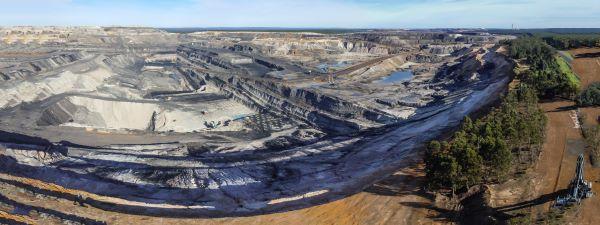The Western Australian (WA) Labor government has pledged $662 million (US$465.2 million) to attract new industries and create new local jobs in the southwestern town of Collie to help the region’s 1,200 coal workers transition to new roles and secure a future for the town.
This comes after the government announced on Tuesday that all state-owned coal-fired power stations in WA, all of which are located in or near Collie, will be retired by 2030 due to the large-scale uptake of rooftop solar and other renewables across the state.





